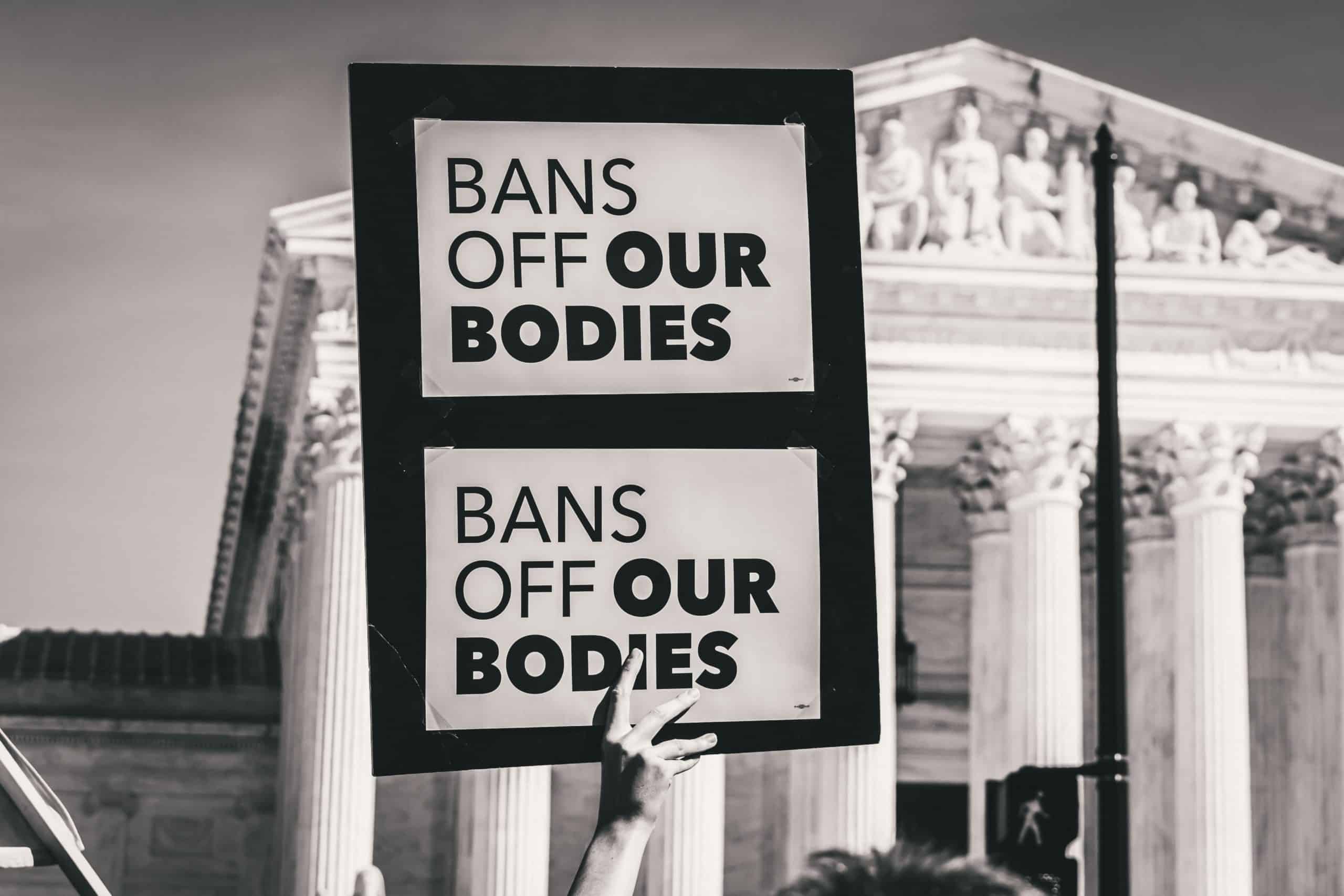Alito’s Draft Abortion Opinion Would Destroy More Than Roe v. Wade

This article is not about abortion as a policy position, whether for or against. It is also not about the legal reasoning of the leaked draft opinion penned by Alito, or who leaked it.
It is about the destruction of stare decisis and the U.S. Supreme Court’s institutional legitimacy. Should this draft abortion opinion become final, it will destroy more than the Roe v. Wade and Planned Parenthood v. Casey precedents.
Although it’s important to point out that any immediate effects will be found in states with trigger laws. There are approximately 18 states that already have laws on the books that will ban virtually all abortions the second Roe is overturned.
Many of these states, such as Missouri, are exploring ways to limit or outright prohibit their state’s citizens from even traveling to other (blue) states to get abortions. Interstate travel may currently be a constitutional right, but it’s foreseeable in a post-Roe country that this could be restricted when the travel is for an abortion. Especially with the current composition of the Supreme Court.
More cases that relied on Roe could be on the chopping block. Alito’s draft opinion would overturn almost 50 years of precedent, which was reaffirmed by the court multiple times. It would destroy any semblance of stare decisis while laying the groundwork for rolling back a plethora of rights from same sex marriage to gay sex.
The destruction of stare decisis
Ever since law school, I never trusted the principle of stare decisis. If you read enough Supreme Court opinions, you start to get the sense that some justices start with an outcome or conclusion they desire, and then set out to prove it.
Cite one favorable precedent here, distinguish a problematic one there. If conservative, look to the law’s text and any relevant legal history. If liberal, emphasize evolving norms and values.
Both conservative and liberal justices are at fault to some degree.
But this draft Alito opinion in Dobbs v. Jackson Women’s Health Organization goes nuclear on stare decisis. Alito tries to defend it through examples where the court has overturned precedent in the past, most notably in Brown v. Board of Education.
There is a big difference, however, between overturning precedents like Plessy v. Ferguson or Dred Scott v. Sandford and overturning a case like Roe v. Wade. In Plessy and Dred Scott, the court granted more liberty to people. Should Alito’s opinion become final, it would be removing it.
Women would lose reproductive rights and the right to bodily autonomy.
The court’s history has generally trended in the direction of granting more rights and freedoms to people, not less. Any diversion from stare decisis has generally been in that spirit. The court has also refrained from overturning longstanding precedents that were repeatedly reaffirmed as Roe has been for 50 years. Alito’s opinion diametrically opposes these trends and the respect for strong precedents.
A final note on stare decisis. All three Trump appointees to the Supreme Court – Gorsuch, Kavanaugh, and Barrett – all promised to adhere to stare decisis. I compiled these statements in a short video, not that it makes much of a difference now, except to illustrate the hollowness of stare decisis as a legal principle.
Alito’s opinion lays the groundwork to remove other individual rights as well
Should the draft opinion be finalized, it would cast doubt on many other precedents that cited or used similar reasoning to Roe, including those prohibiting states from banning:
- Contraceptives (Griswold v. Connecticut)
- Gay sex (Lawrence v. Texas)
- Interracial marriage (Loving v. Virginia)
- Same sex marriage (Obergefell v. Hodges)
In the Dobbs case, the state argued that these cases are unlike Dobbs because “none of them involve the purposeful termination of human life.” But the issue remains that they are justified at least in part on the validity of Roe, which if overturned as bad precedent, calls into question any opinion that used its reasoning (Griswold) or relied on it (Lawrence, Loving, and Obergefell), regardless of what anyone says.
Griswold will likely be first on the chopping block. Prohibiting the use of contraceptives – even between married people – goes hand in hand with the right to privacy legal reasoning that was used in Roe. So expect a red state to construct a law that tests this opinion.
Once that has been chipped away, I would not be surprised if conservative legislators create laws to challenge Lawrence and Obergefell.
If Roe can be so swiftly overturned by a Supreme Court with a strong conservative majority (that will be in power for some time given the justices’ ages), everything related to it that does not fit the conservative worldview is up for grabs.
Welcome to a new era of conservative regressive activism
Alito’s draft opinion in Dobbs illustrates why many Americans view the court as just another institution subsumed by partisanship. Overturning Roe and making a complete mockery of stare decisis has completely destroyed its credibility.
John Roberts has worried about the public’s perception of the court, which has led him to find compromises to avoid striking down entire laws like the Affordable Care Act, but his conservative colleagues have now made it clear.
They don’t give a damn.
I remember the day when conservative justices advocated for judicial restraint. When they criticized the judicial philosophy of liberal justices as judicial activism. Where they argued that liberal justices read too much into the Constitution that wasn’t there. They repeatedly stressed how these justices needed to respect precedent, respect what the founders intended, and respect the words on the page.
Now conservative justices have taken that respect and thrown it in the garbage, making a mockery not only out of stare decisis, but of the Supreme Court itself.
And unfortunately for many Americans, their efforts at regressive activism – rolling back one individual right after the next – is only getting started.



0 Comments